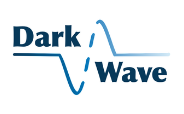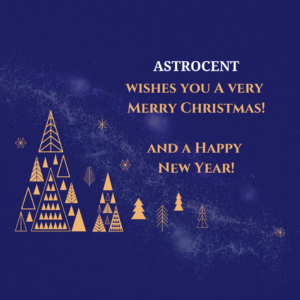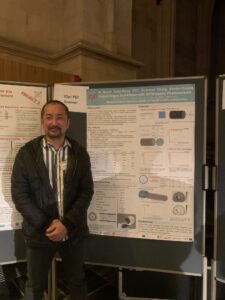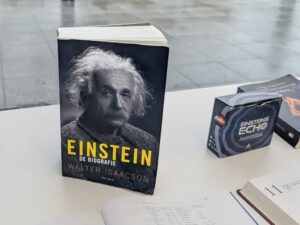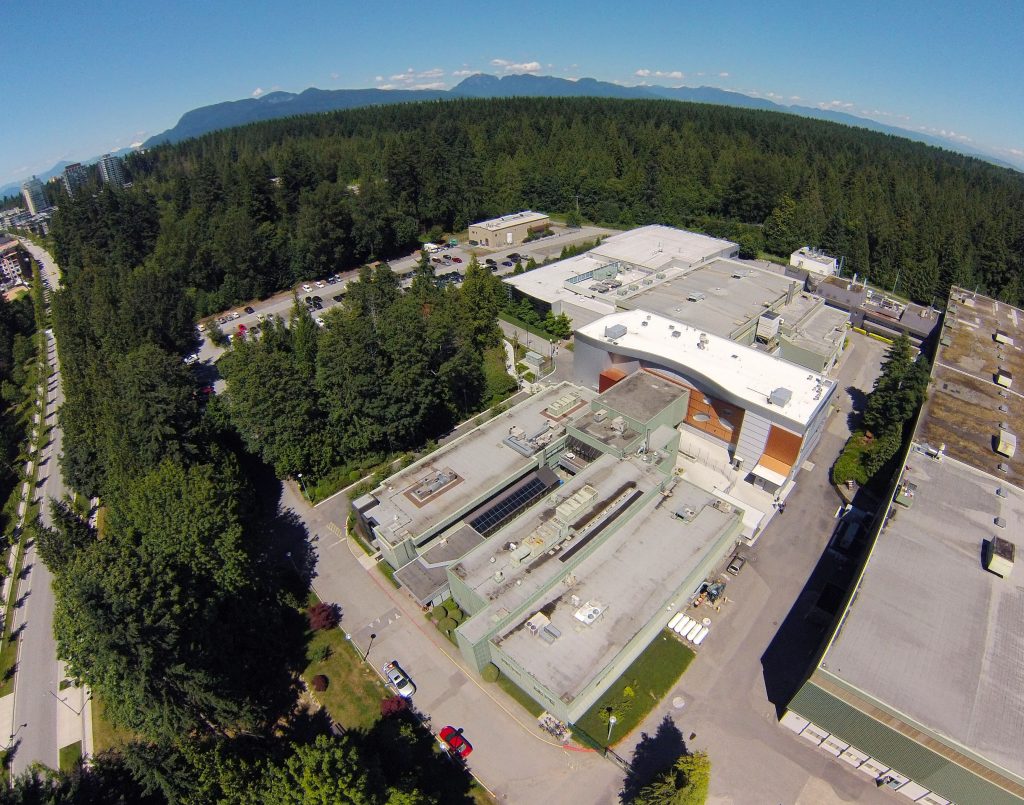
DCIM100GOPRO
Views: 5
In June 2024, our PhD student Sarthak Choudhary had the remarkable opportunity to attend GRIDS-2024 summer school held in Vancouver, Canada. The event was organized by TRIUMF and the Arthur B. McDonald Institute with the aim of providing hands-on lab experience to PhD students and early post-docs, focusing on radiation detectors used in particle and astroparticle physics.
The programme offered a blend of practical experiments and lectures. Participants engaged in a comprehensive series of lectures covering a wide range of topics such as radiation detectors, cryogenic detectors, solid-state detectors, noble liquid detectors, gas detectors, scintillator detectors, and data acquisition systems. Reflecting on the experience, Sarthak shared, “I was able to broaden the scope of my knowledge on detectors by going through five different experiments. Through this summer school, I was exposed to various types of detectors like a Spherical Proportional Counter, a Time Projection Chamber (TPC) in the shape of an annular cylinder, and a cuboidal TPC fitted with Gas Electron Multipliers. Additionally, I had the rare opportunity to observe different detectors in action on a couple of cyclotron beamline experiments: a muon Spin Resonance (μSR) experiment and a pion beamline experiment.”
Another fascinating aspect that captured Sarthak’s attention was the diverse considerations required for detector development based on different scientific goals. At AstroCeNT, the focus is on Silicon Photo-Multipliers (SiPM) for dark matter search experiments, particularly concerning possible signal deterioration due to impurities. In contrast, the primary concern for μSR experiments was the stray magnetic fields generated by SiPMs.
We are delighted that, with the support of European and national funding programs, AstroCeNT’s young researchers can visit the best institutions and gain experience from colleagues around the world. Sarthak’s participation was funded from the funds of the National Science Centre (Opus-24).
Photo: GRIDS2024
